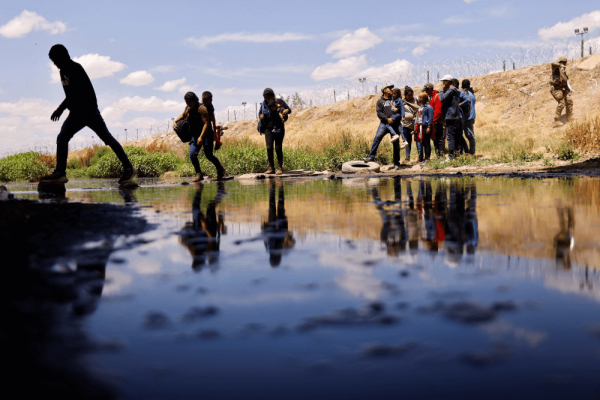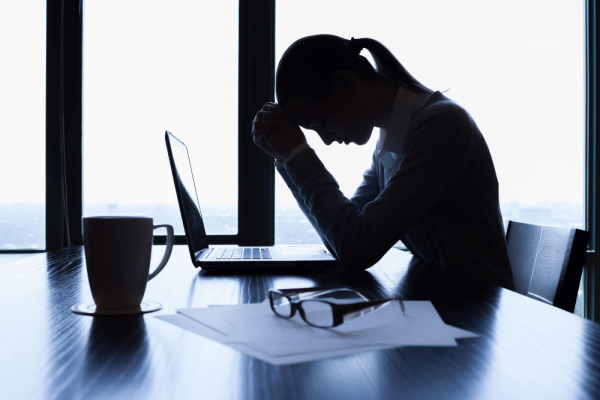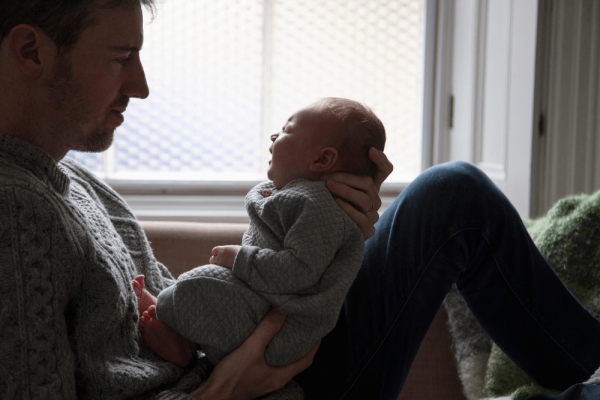Children are already exploring sexuality and religious skepticism in complex and important ways — so our films and books should, too.
As lawmakers on Capitol Hill argue about the national debt, the Bible verse that’s been on my mind is Proverbs 3:27: “Do not withhold good from those to whom it is due, when it is in your power to act.”
The Senate of my home state, Texas, recently made news for passing three bills designed to bring Christianity into public schools. As I told NewsNation when they interviewed me earlier this week about the proposed legislation, I think this is an example of a government attempting to force beliefs on people. Yesterday, the State House failed to pass a law that would’ve required the Ten Commandments to be displayed in public schools. SB 1515 would’ve required that “a public elementary or secondary school shall display in a conspicuous place in each classroom of the school a durable poster or framed copy of the Ten Commandments.”
Republicans in Texas argued that this move would reinforce essential American identity because America was founded on so-called “Judeo-Christian” principles. According to the Texas Tribune, Republican Lt. Gov. Dan Patrick defended the law by saying, “Bringing the Ten Commandments and prayer back to our public schools will enable our students to become better Texans.”
What does it take to survive the wrath of gods? This has been a perennial question for Star Lord, Rocket, Gamora, Drax, Groot, Mantis, Nebula, and the others who have found themselves drawn into the orbit of the Guardians of the Galaxy.
After Title 42 restrictions at the U.S. border ended on May 11, debates about immigration have heated up again — focused mostly on reform, border security, or refugees’ needs.
But the treatment of immigrants is deeply intertwined with religious freedom as well. As a scholar of religious ethics who studies immigration, I am interested in recent cases that highlight growing tensions between immigration policies and religious groups’ commitments to pastoral and humanitarian care.
The new Peacock TV series Mrs. Davis has the most unhinged first 15 minutes of possibly any show I have ever seen. Men burn at the stake, heads roll, water is walked on, blood fountains.
Let’s be clear: Neither Title 42 nor Biden’s new policies meet the biblical standard of “welcoming the stranger,” which for us includes thousands of migrants at the U.S.-Mexico border seeking refuge from violence and extreme poverty.
On April 18, the court heard oral arguments in Groff v. DeJoy, a case addressing an employer’s obligation to accommodate religious employees’ requests under federal law. The dispute involves a Christian postal worker who quit his job and sued the U.S. Postal Service after he was unable to find coverage for his Sunday shifts. Current law requires employers to make accommodations for workers’ religious requests only if doing so doesn’t impose more than a minimal cost on their business, known as the “de minimis” standard.
After listening to the oral arguments in the case, I believe it’s very likely the court will overturn the de minimis standard and require employers to accommodate more religious requests.
In a country with the weakest parental leave standards of all its economic peers, church policy to support new parents is rarely more generous than what one might get from a public school, an architecture firm, or a dentist’s office. In many cases there is no set policy, and ordained and lay staff are sometimes treated differently.
In short, the gospel demands that the church asks some basic sociological questions to help it navigate difficult social waters. In regard to trans people, our questions should be informed by the work of people like organizer and writer Dean Spade, who wrote the book Normal Life. How does our society, with all its norms, move trans people closer to vulnerability and death, or closer toward security and life?









